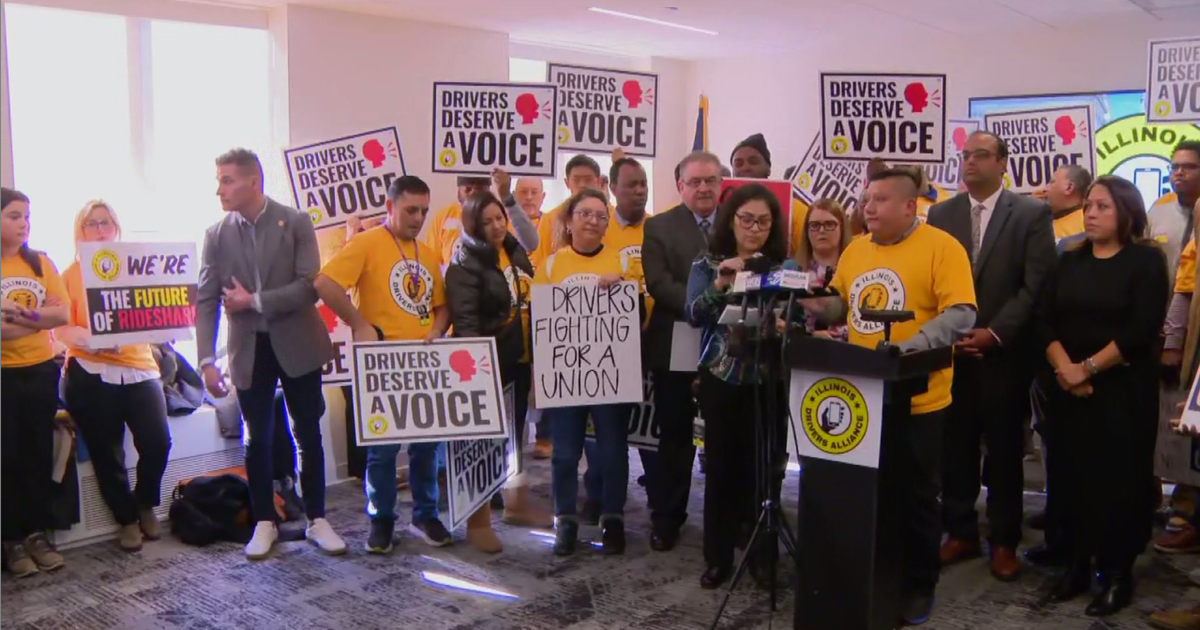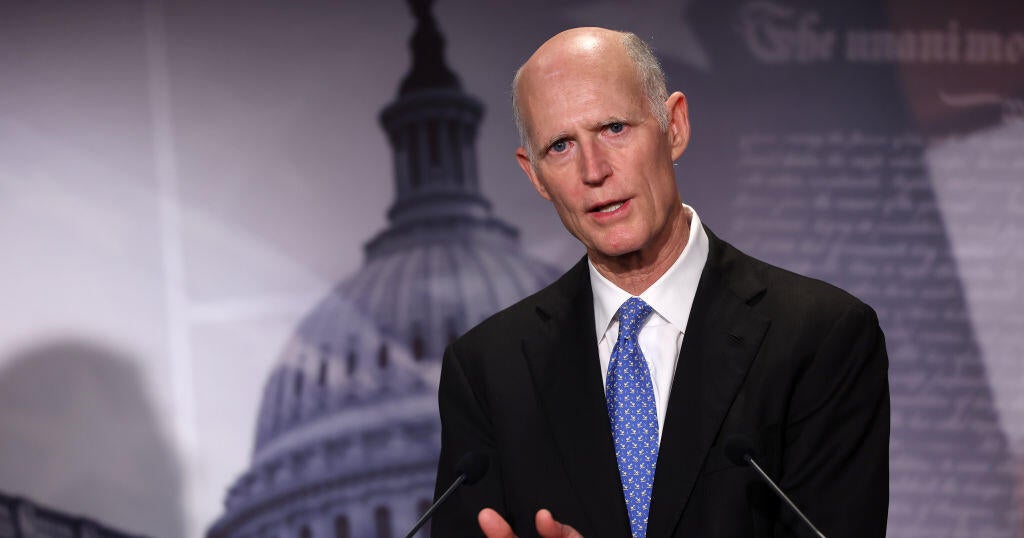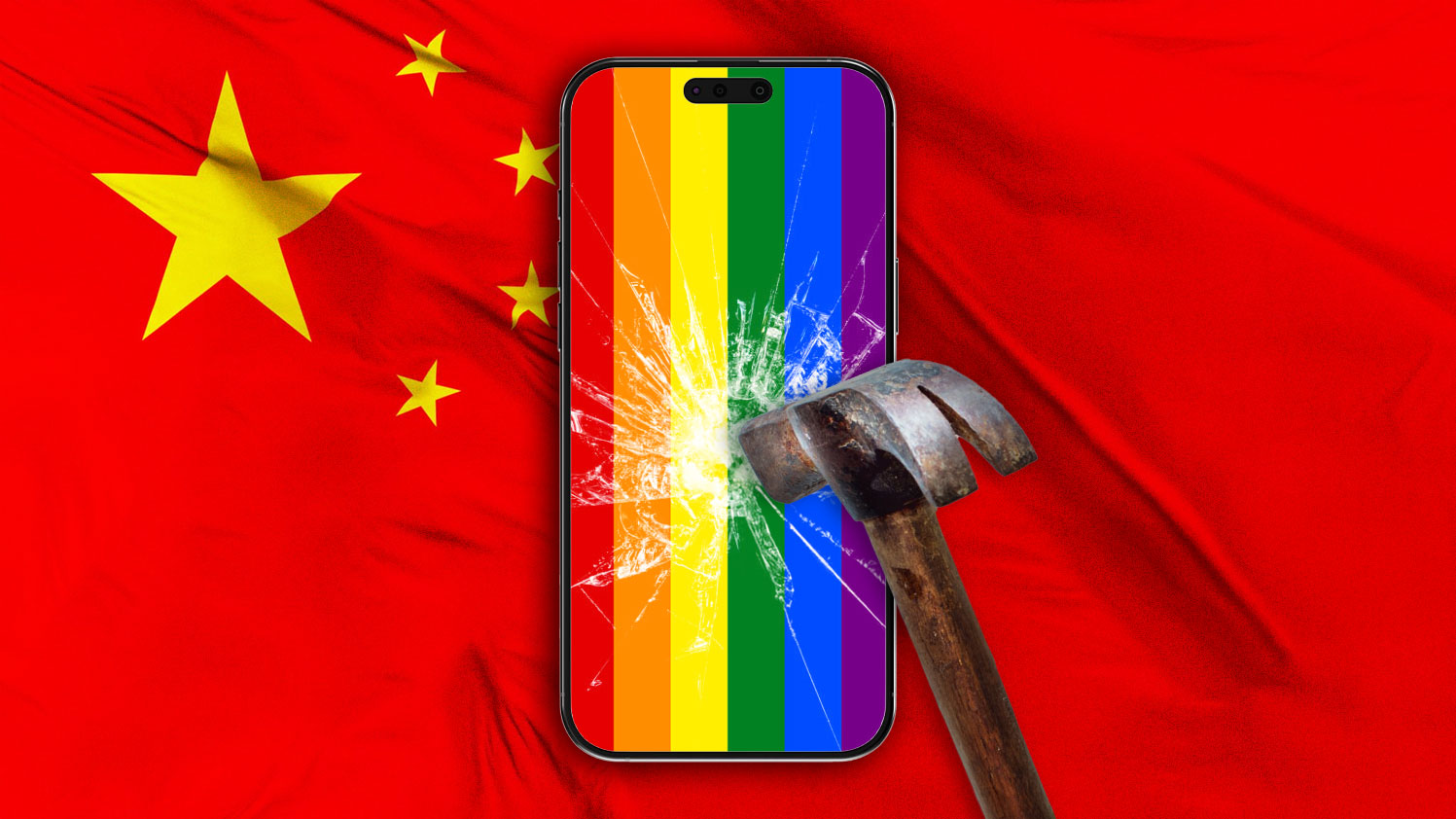Republicans target Mickey Mouse copyright after Disney opposes Florida's "Don't Say Gay" law
Rep. Jim Banks, an Indiana Republican, is threatening not to support the extension of Disney's copyrights after the conglomerate opposed Florida's so-called "Don't Say Gay" bill, which was signed by Governor Ron DeSantis in March.
The Republican-backed legislation, called the Parental Rights in Education Act, states that "classroom instruction by school personnel or third parties on sexual orientation or gender identity may not occur in kindergarten through grade 3." Parents could sue school districts for violations.
After LGBTQ advocates and Disney employees called for a for a walkout to protest CEO Bob Chapek's slow response in publicly criticizing the Florida legislation, the company responded, pledging to help repeal the new law.
In response to Disney's opposition of the law, Banks wrote a letter to the company, "regarding the forthcoming expiration of valuable copyrights owned by the Walt Disney Company."
In the letter, obtained by CBS News, Banks blasts Disney's saying it wants to repeal the law, for doing business with China and for its "woke corporate actions."
"The Constitution gives Congress the authority to determine the length of time to protect copyrights," the letter reads. "Further, it explicitly states that copyrights may not be permanent. Yet Disney's long history of lobbying on this issue suggests that is its goal."
Banks cites several times amendments to copyright laws has benefited Disney. "Under current law, Disney loses its Mickey Mouse copyright on January 1, 2024," he writes, adding that "he will not support further extensions applicable to your copyrights, which should become public domain."
A representative for Banks who sent a copy of the letter to CBS News did not add further comment.
Disney lobbied for the Copyright Act of 1976 and again for a 1998 law that extended the length of copyright time periods.
This law allowed works owned by corporations to be protected for 95 years from their original publication, or 120 years from creation, based on whichever expires first, according to Cardozo Law School. The passage of this law pushed Disney's copyright of Steamboat Willie – its first Mickey Mouse animation ever distributed – through 2023.
But on January 1, 2024, Disney's copyright for Steamboat Willie will expire and the original iteration of Mickey Mouse will fall into public domain, according to the law school. It is not yet clear if Disney will lobby to revise copyright laws at that time, the way the company has in the past.
Fellow Republican lawmakers Rep. Lauren Boebert, of Colorado, and Rep. Matt Gaetz, of Florida, shared Banks' attitude toward Disney. "Next year, the woke Disney lobbyists will ask Congress to extend Micky Mouse's trademark. I think not," Boebert tweeted.
"Things that scare Disney: Municipal dissolution, Copyright expiration, Combined reporting," Gaetz tweeted. "I'm the former Finance & Tax Chairman of the Florida House and I know of what I speak. DMs open for FL legislators. I'll tell you how to trap this rodent."
Governor Ron DeSantis also criticized Disney's opposition to the law, saying at a press conference last week that Disney "crossed the line" with its statement. The governor also suggested Disney's "special privileges" could be lifted, according to CBS Miami.
A 1967 Florida state law established the Reedy Creek Improvement District, which gives Disney the power to establish its own government, according to CBS Miami.
"Disney has alienated a lot of people now," DeSantis said at the news conference. "And so the political influence they're used to wielding, I think has dissipated. And so the question is, why would you want to have special privileges in the law at all? And I don't think that that we should."





